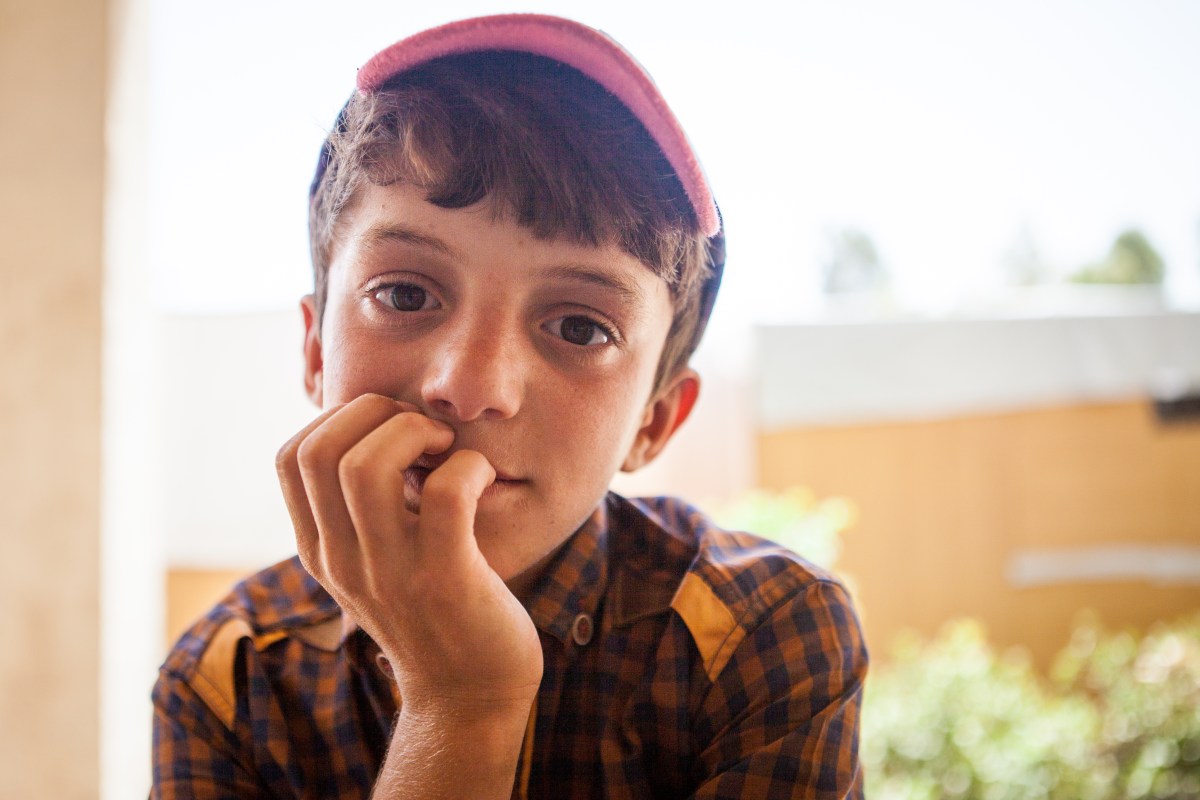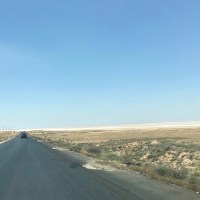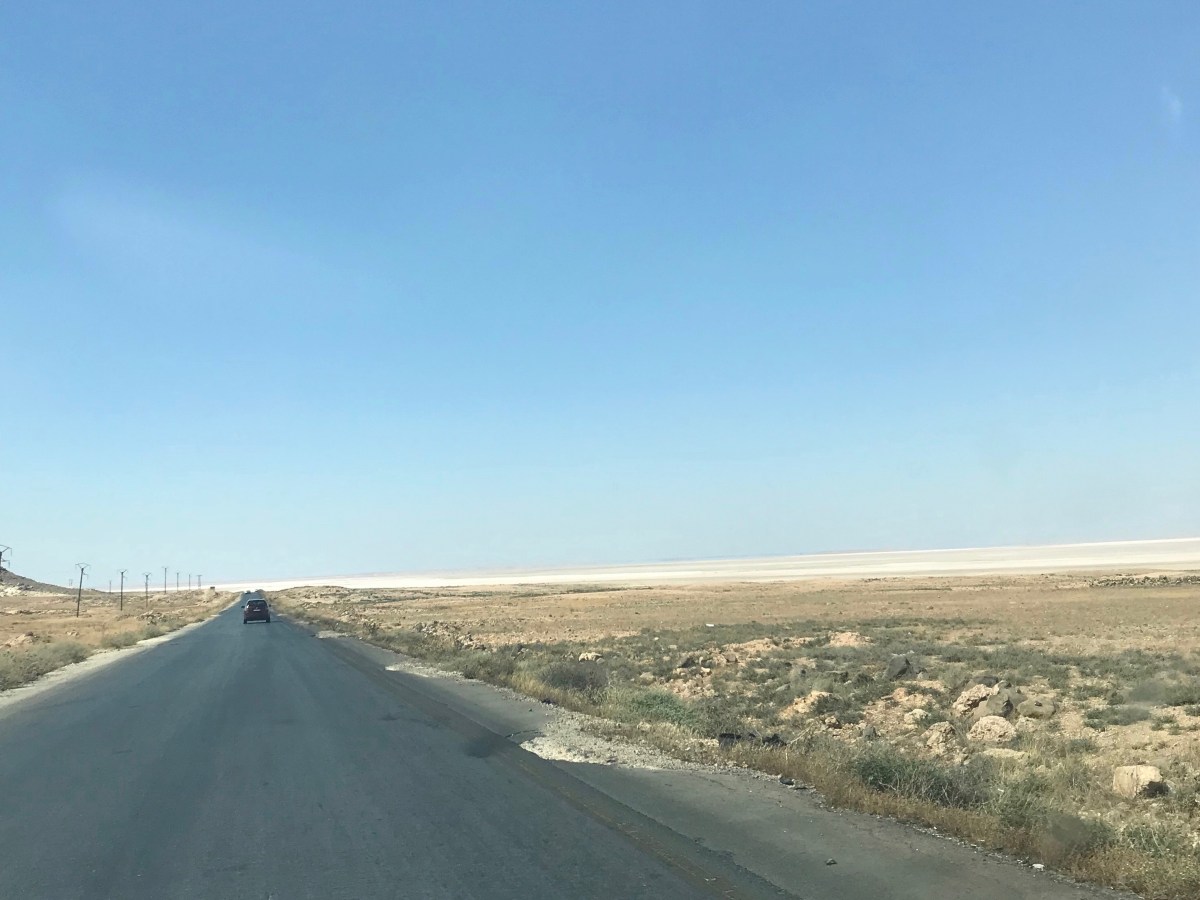After years of bloodshed and chaos, the war in Syria is about to change forever as Idlib, the rebel-held part of northeast Syria under threat from the Syrian government, is on the precipice of conflict.
Will we be ready? As we consider how this might affect our countries and our worlds, will we be the people who think about what it means for the Syrian people and for Syria?
More than anything, it’s Syrian families we care about. We’re worried for them. We love them, and we know many of you do, too.
You’re our most committed core, following the news, loving across international lines, and living well beyond the bounds of your own community—posts like this one are written for you. Here are the most important things you need to know about this final battle and what it means for the lifesaving work you’re making possible in Syria:
1. The situation in Syria is impossibly complex, and that’s ok.
We devote hours each week to understanding things like troop movements, militia alliances, displacement numbers, and much more, and to do that we read reports from academic experts on Syria and from Syrians on the ground. We work hard to understand what’s going on.
Our staff in Syria is monitoring the situation closely, and we read most anything reputable we can find, but two things are clear: 1) nobody has a perfect understanding of what’s going on in Syria and 2) everyday people are suffering. Their children are paying the price for a conflict they never wanted, and we refuse to stay on the sidelines, paralyzed by inaction or hopelessness. We are mounting a response.

2. Big news outlets say this could be the bloodiest battle in Syria to date, and they may be right.
The way a population moves and shifts in wartime is fairly straightforward: people run away from the fighting, and almost all of the fighting happens along front lines. As front lines move, people move further and further away from that fighting.
What we’ve seen in Syria and Iraq, though, is whole populations being slowly surrounded by front line fighting and having nowhere to go. In the case of Idlib, about 3 million people now occupy a space roughly the size of Rhode Island (Rhode Island has a population of just over 1 million).
In other words, people are crammed into Idlib like sardines, and there’s a scary question everyone is thinking but hardly anyone dares ask out loud: what happens when bombs fall on towns and villages that are that overcrowded?
We’ve seen and felt first-hand just how haphazard and terrifying airstrikes can be, whether carried out by local governments or Russian or American warplanes. When bombs rain from the sky, innocent civilians are killed.
3. Notice which words people use to talk about Syria—the vocabulary says it all.
Are they “rebels” or are they “terrorists”? Is it the “government” in Syria or is it the “regime”?
In the war against ISIS in Iraq, this was all much more straightforward. ISIS wasn’t trying to endear themselves to the world or justify their cause on the international stage, at least not to governments or the United Nations. In Syria, that’s not the case.
Russia, the United States, Iran, Saudi Arabia, Turkey, China, and a variety of other countries are now heavily invested in the war in Syria, and the chasm between the two major sides in this conflict is perfectly illustrated by the words they use to tell the story. Every story has a villain and a hero, a problem and a potential solution.
The most important question is, “How can we show up, love, and listen to the truth of both stories?”
Ask someone in Damascus who the villain is, and they’ll likely tell you it’s those “terrorists” trying to kill and Islamize and destroy Syria. They’ll also likely talk about Bashar al Assad and the government as being heroes, holding the nation together in the face of evil.
Then ask someone in Idlib who the hero and villain of this story are, and there’s a good chance they’ll tell you the “regime” and “Assad the dictator” are the problem, murdering and oppressing their own people. It’s the rebels who are trying to change things for the better.
So whose story is true?
In an age of increasing global separation and division, many people may assume only one of those stories can possibly be true, but what if both stories are true simultaneously? The most important question is not “Which of these stories is true?”; the most important question is, “How can we show up, love, and listen to the truth of both stories?”
In the coming months, there will be more headlines about Syria, and we’re grieved to think of what they might say. The thought of Idlib becoming a “lake of blood” as some have threatened is absolutely gut-wrenching.
We hope and pray that doesn’t happen, but whatever does happen, we will face the sadness, the complexity, and the impossible pain together, alongside our Syrian friends, constantly looking for ways to love anyway, to love with no strings attached. They’re our brothers and sisters and we’re with all of them, on every side, bearing witness to their truth and loving them in crisis.


